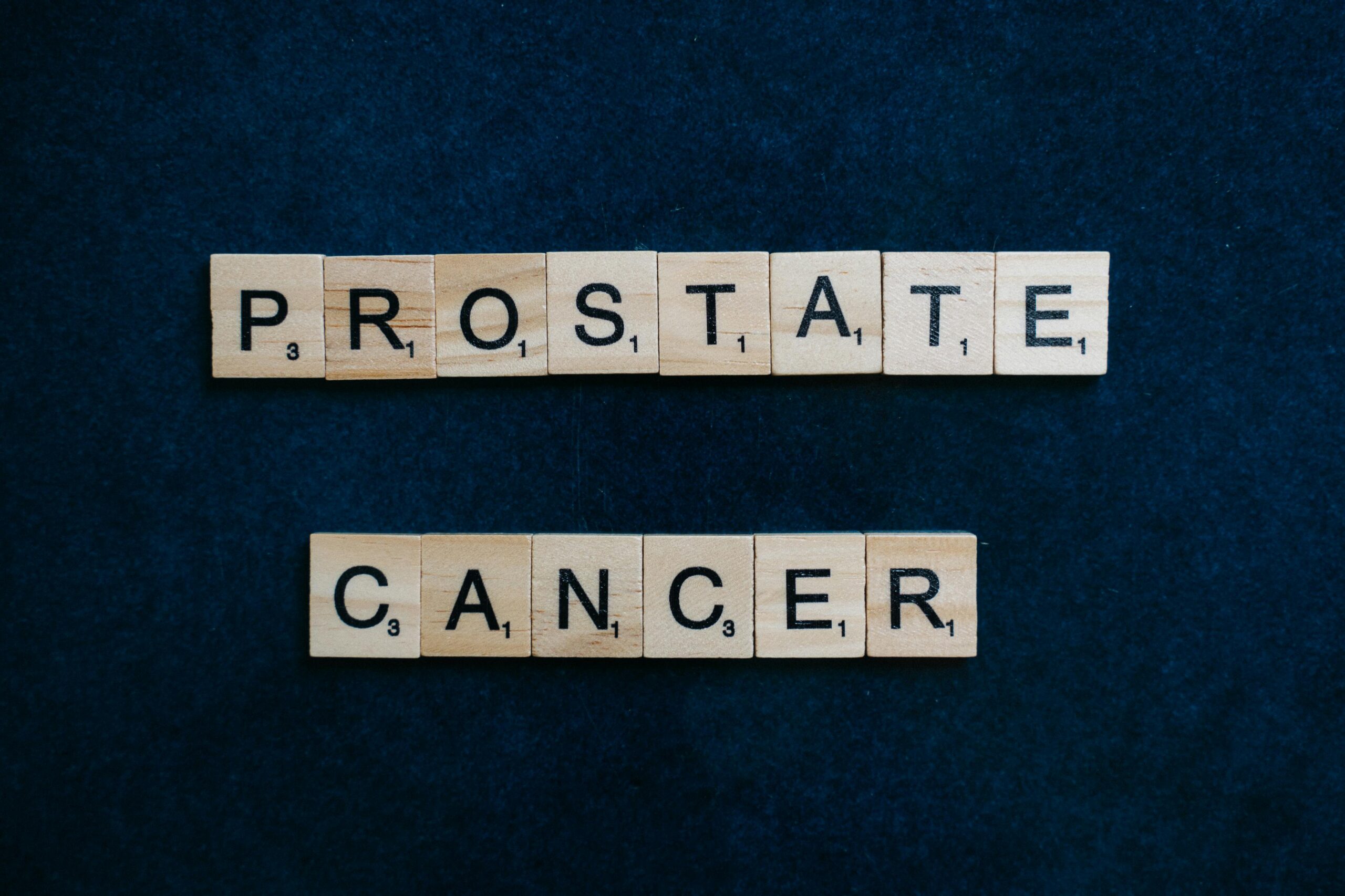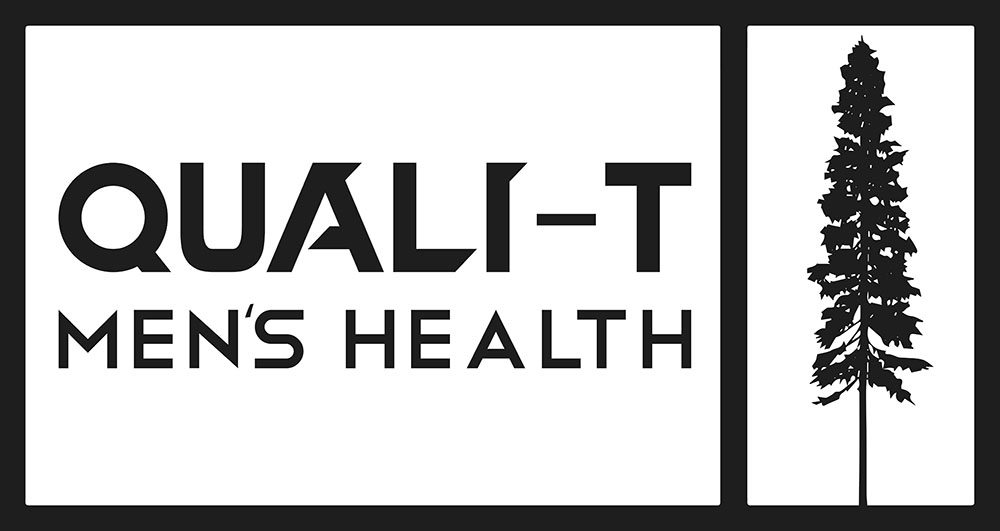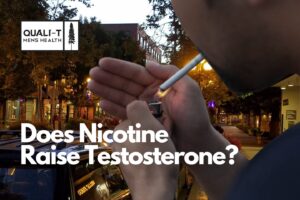
Introduction
Testosterone replacement therapy (TRT) has been a subject of significant debate, particularly concerning its safety in regards to prostate cancer. Historically, TRT was believed to cause prostate cancer and that increased testosterone levels could stimulate prostate cancer growth. However, recent studies have begun to challenge this notion, suggesting that TRT may not pose a significant risk for prostate cancer progression or recurrence. This literature review aims to summarize the current evidence on the relationship between TRT and prostate cancer.
Historical Perspective
The initial contraindication of TRT in men with prostate cancer was based on early studies and anecdotal case reports from the 1940s, which suggested that increased testosterone levels could promote prostate cancer growth (1). This belief was further reinforced by the understanding of androgen deprivation therapy (ADT) as a treatment for advanced prostate cancer, which aimed to reduce testosterone levels to inhibit cancer progression (5).
Recent Evidence and Paradigm Shift
Recent studies have provided evidence that challenges the traditional view of TRT and prostate cancer. For instance, a systematic review of 36 studies involving 2,459 TRT-treated patients found no significant increase in the risk of disease progression in men with treated or untreated prostate cancer (2). Similarly, another review highlighted that high endogenous androgen levels do not increase the risk of prostate cancer diagnosis, and TRT does not appear to increase the likelihood of more aggressive disease at diagnosis (1).
Safety of TRT in Treated Prostate Cancer Patients
Several studies have focused on the safety of TRT in men who have undergone treatment for localized prostate cancer. A review of literature indicated that TRT is safe for patients previously treated with radical prostatectomy or radiotherapy, with no significant increase in prostate cancer recurrence rates (3). Another study involving 103 hypogonadal men treated with radical prostatectomy found that TRT did not increase cancer recurrence rates, even in men with high-risk prostate cancer (7).
The Saturation Model
The saturation model provides a theoretical framework to understand the relationship between testosterone levels and prostate cancer. According to this model, prostate cancer growth is sensitive to changes in serum testosterone at low concentrations but becomes androgen indifferent at higher concentrations due to the finite capacity of androgen receptors to bind testosterone (6). This model explains why TRT may not significantly impact prostate cancer progression in men with normal or high testosterone levels.
Detection Bias and Risk of Aggressive Prostate Cancer
A nested case-control study using nationwide registry data found no association between TRT and overall prostate cancer risk. Interestingly, the study reported an increase in favorable-risk prostate cancer and a decrease in aggressive prostate cancer among TRT users, suggesting a potential detection bias and a novel finding that warrants further investigation (9).
Conclusion
The current body of evidence suggests that TRT does not significantly increase the risk of prostate cancer progression or recurrence in men with a history of the disease. However, the quality of available studies is variable, and more well-designed randomized controlled trials are needed to confirm these findings. Clinicians should carefully monitor patients undergoing TRT, particularly those with a history of high-risk prostate cancer, and inform them of the potential risks and benefits. Patients must also have the discussion with their oncologist about pursuing TRT if they have prostate cancer, or have a history of prostate cancer.
References
- Kaplan, A., Hu, J., Morgentaler, A., Mulhall, J., Schulman, C., & Montorsi, F. (2016). Testosterone Therapy in Men With Prostate Cancer.. European urology, 69 5, 894-903 . https://doi.org/10.1016/j.eururo.2015.12.005.Testosterone Replacement Therapy in Men with Untreated or Treated Prostate Cancer: Do We Have Enough Evidences?
- Kim, M., Byun, S., & Hong, S. (2020). Testosterone Replacement Therapy in Men with Untreated or Treated Prostate Cancer: Do We Have Enough Evidences?. The World Journal of Men’s Health, 39, 705 – 723. https://doi.org/10.5534/wjmh.190158.Testosterone Replacement Therapy in Men with Prostate Cancer: What Is the Evidence?
- Natale, C., Carlos, C., Hong, J., Khera, M., Baum, N., & Raheem, O. (2021). Testosterone Therapy After Prostate Cancer Treatment: A Review of Literature.. Sexual medicine reviews. https://doi.org/10.1016/j.sxmr.2020.12.003.Testosterone therapy in men with prostate cancer: scientific and ethical considerations.
- Selph, J., & Carson, C. (2013). Testosterone Replacement Therapy in Men with Prostate Cancer: What Is the Evidence?. Sexual medicine reviews, 1 3, 135-142 . https://doi.org/10.1002/smrj.15.Testosterone replacement therapy after primary treatment for prostate cancer.
- Khera, M. (2013). Testosterone Replacement in Men with Treated and Untreated Prostate Cancer. Sexual medicine reviews, 1 3, 143-149 . https://doi.org/10.1002/smrj.16.
- Morgentaler, A. (2009). Testosterone therapy in men with prostate cancer: scientific and ethical considerations.. The Journal of urology, 181 3, 972-9 . https://doi.org/10.1016/j.juro.2008.11.031.





